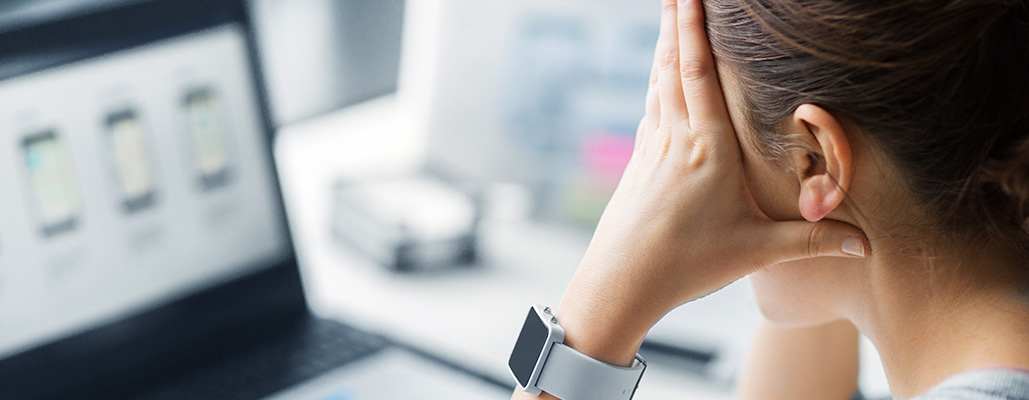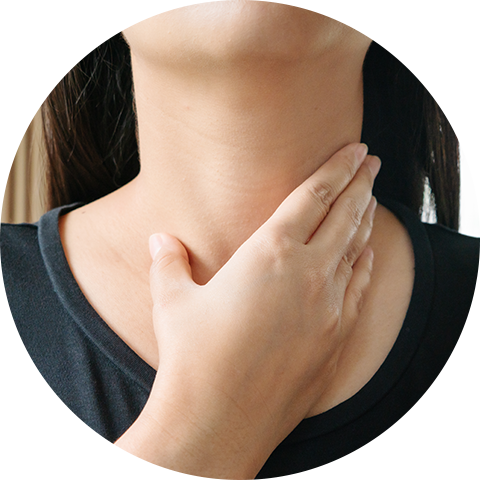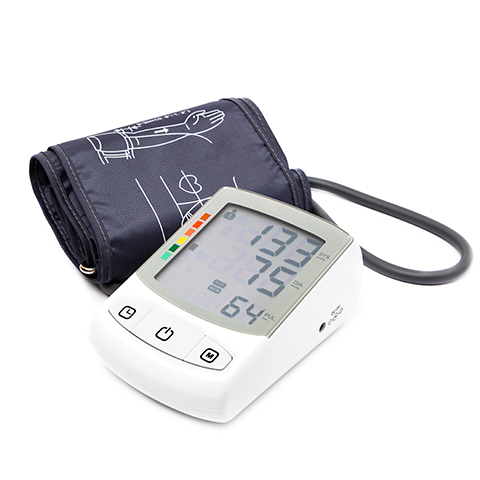PMS (Premenstrual Syndrome)
PMS (Premenstrual Syndrome)
Pre-menstrual syndrome is various unpleasant symptoms such as emotional disorders such as depression and anxiety, menstrual pain, headache, and abdominal bloating accompanied by menstruation. It begins 2-8 days before menstruation (post-ovulatory luteal stage). And the symptoms disappear when menstruation begins or ends.
Painkillers are not a cure for PMS. It simply reduces the pain at the moment. The pain can also be caused by uterine, ovarian tumors such as endometriosis and adenomyosis.
Symptoms of PMS
- Hopelessness, depression
- Anxiety, Tension
- Mood swings
- Irritability, Persistent anger
- Menstrual Cramps
- Low Energy, Fatigue
- Headache
- Sleep disturbances
- Change to bowel habits
- Appetite Changes and Food Cravings
- Bloating
- Breast Tenderness, Headache, Abdominal Pain, Back pain, Joint Pain, Myalgia, Weight gain, Swelling Hands and Feet.
Causes of PMS
- Hormone imbalance
- Hypertension such as renin–angiotensin–aldosterone system (RAAS) dysfunction
- Adrenal Fatigue
- Decreases plasma beta endorphins(beta-EP)
- Non-Diabetic hypoglycemia
- Elevated prolactin level
- Thyroid hypofunction
- Low serotonin level
- Physical and mental problems
Headache and PMS

Headaches are more prevalent in women than men because estrogen and progesterone that regulating menstruation play roles in causing headaches.
About 60% of women complain of migraine headaches just before the onset of their menstrual period. Right before the menstrual period, the progesterone and estrogen decrease, and the harmony and balance of the hormones are broken. This extreme change of female hormones can trigger migraines.
Thyroid function and PMS

The thyroid gland is involved in growth, body temperature, and metabolism. About 2 million Americans have thyroid-related diseases. PMS-related symptoms are mainly related to hypothyroidism. Symptoms of hypothyroidism include fatigue, weight gain, irregular menstrual cycles, lower body temperature, hair loss, and dry skin. These symptoms are similar to PMS symptoms, and in particular, symptoms caused by a low body temperature appear to have a lot to do with PMS.
Symptoms caused by a low body temperature may include fatigue, loss of concentration, anxiety, depression, headache, and fluid retention. Female hormones are also related to body temperature. The progesterone level drops right before the menstruation period, resulting in a decrease in body temperature, which is also believed to be linked to the function of the thyroid gland.
Blood pressure and PMS

The renin-angiotensin-aldosterone system (RAAS) is the endocrine system that regulates blood pressure and extracellular fluid. Angiotensin increases blood pressure by constricting blood vessels and stimulates the secretion of aldosterone in the adrenal cortex.Aldosterone increases the reabsorption of sodium and water in the kidneys. When sodium and water in the blood increase, the total amount of fluid and blood pressure increase. When blood pressure rises due to RAAS, blood vessels are constricted at the same time. The blood vessels going to the uterus are also constricted, causing menstrual pain.
Serotonin and PMS
A low level of serotonin causes underlying PMS.
Serotonin, a chemical in the brain that plays a crucial role in mood, could induce PMS.
Insufficient serotonin levels contribute to depression, anxiety, irritability, and insomnia. Those symptoms are related to PMS.
MBR PMS treatment
01
Menstrual cramps are
a disease that
needs to treat.
02
Menstrual cramps
can cure by finding
the root cause and
treating it.
03
Early treatment of menstrual cramps helps prevent
women’s diseases
such as uterine fibroids.
MBR ACUPUNCTURE Treatment
Studies show that women with premenstrual syndrome (PMS) have significantly decreased autonomic nervous system (ANS) activity. MBR acupuncture and herb treatment helps controlling the autonomic nervous system by regulating the meridians to harmonize the sympathetic and parasympathetic nerves, regulate Qi, and nourish the blood. Besides, the harmony of the autonomic nerves improved mental stability, premenstrual syndrome, headache, tension, depression, and mood swing.
MBR HEAB TREATMENT
In traditional medicine, the causes of PMS are classified into coldness in the uterus, blood stagnation, weakness in the function of the uterus, and hepatic Liver Qi stagnation caused by stress or tension. MBR herb warms the uterus and moves blood stagnation, thereby resolving impaired circulation in the pelvic cavity. It restores the function of the ovaries and the uterus by nourishing the blood in the uterus and treats symptoms caused by stress.
Treatment of the temporomandibular joint
The ovaries and adrenal glands produce female hormones. When menopause, ovarian function declines, and adrenal glands become the primary source of female hormone. The jaw affects cervical vertebrae 1 and 2. The distortion of cervical vertebrae 1 and 2 affects the neck structure and the blood circulation to the brain. HPA Axis is the most crucial axis for regulating hormones in our body. TMJ treatment increases the circulation of blood flow in the brain that governs the ability of the hypothalamus, pituitary gland to produce hormones and helps the adrenal glands produce female hormones. Treatment of TMJ improves not only the movement but also the imbalance in the body.
Moxibustion
Moxibustion warms the lower abdomen and improves the circulation of Qi and blood in the uterus.